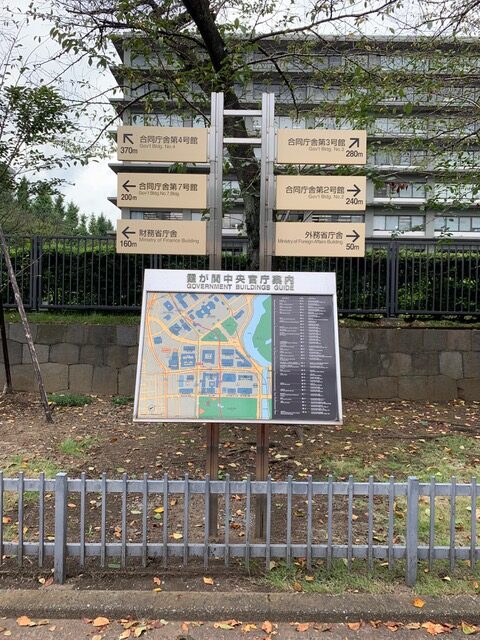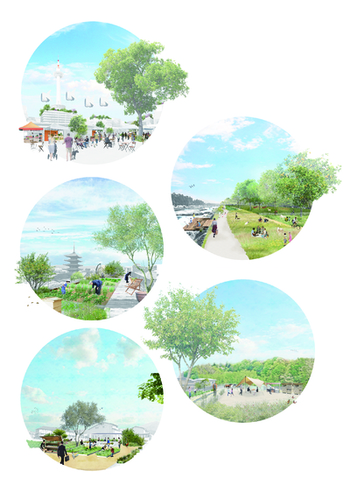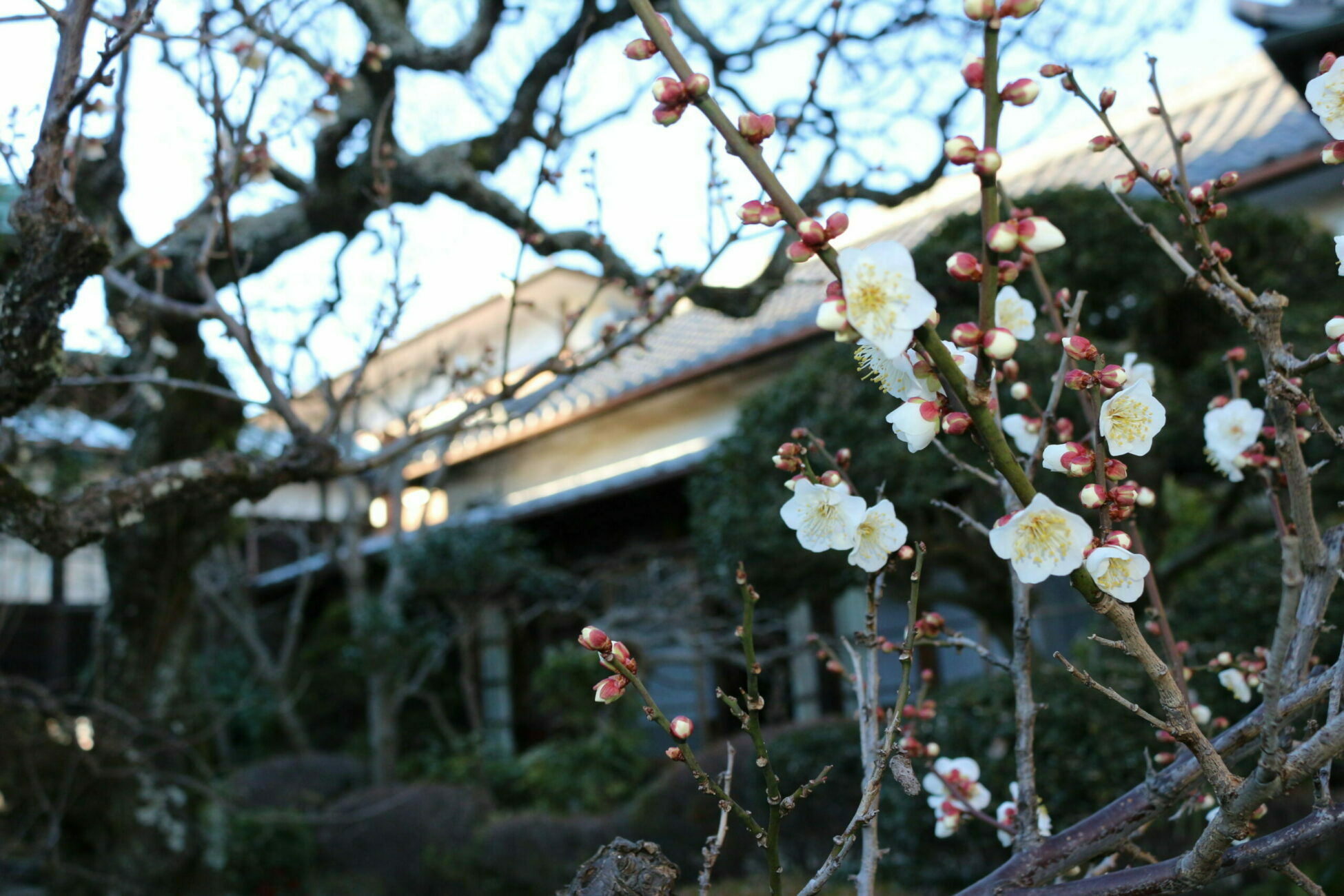
Vortrag am 10. Juni 2021, 13 Uhr CET „Municipal Politics of De/Re-population in Japan“ (Ken Hijino)
For decades, many of Japan’s communities have seen exodus of the young in search of education and employment opportunities in the major cities. During 2010-2015, 1,419 (82.5%) municipalities out of 1,719 in Japan experienced population decline. The responses to and impacts of such depopulation, mainly but not exclusively in rural areas, have been widely documented...




